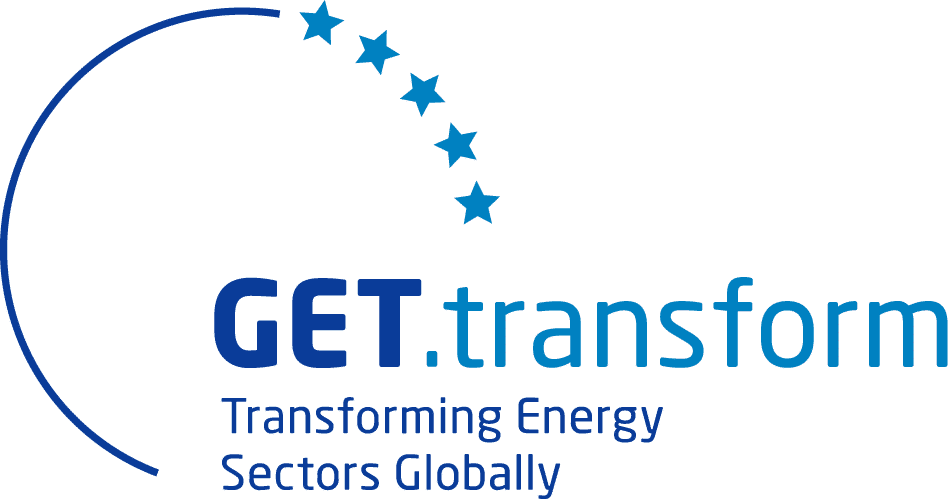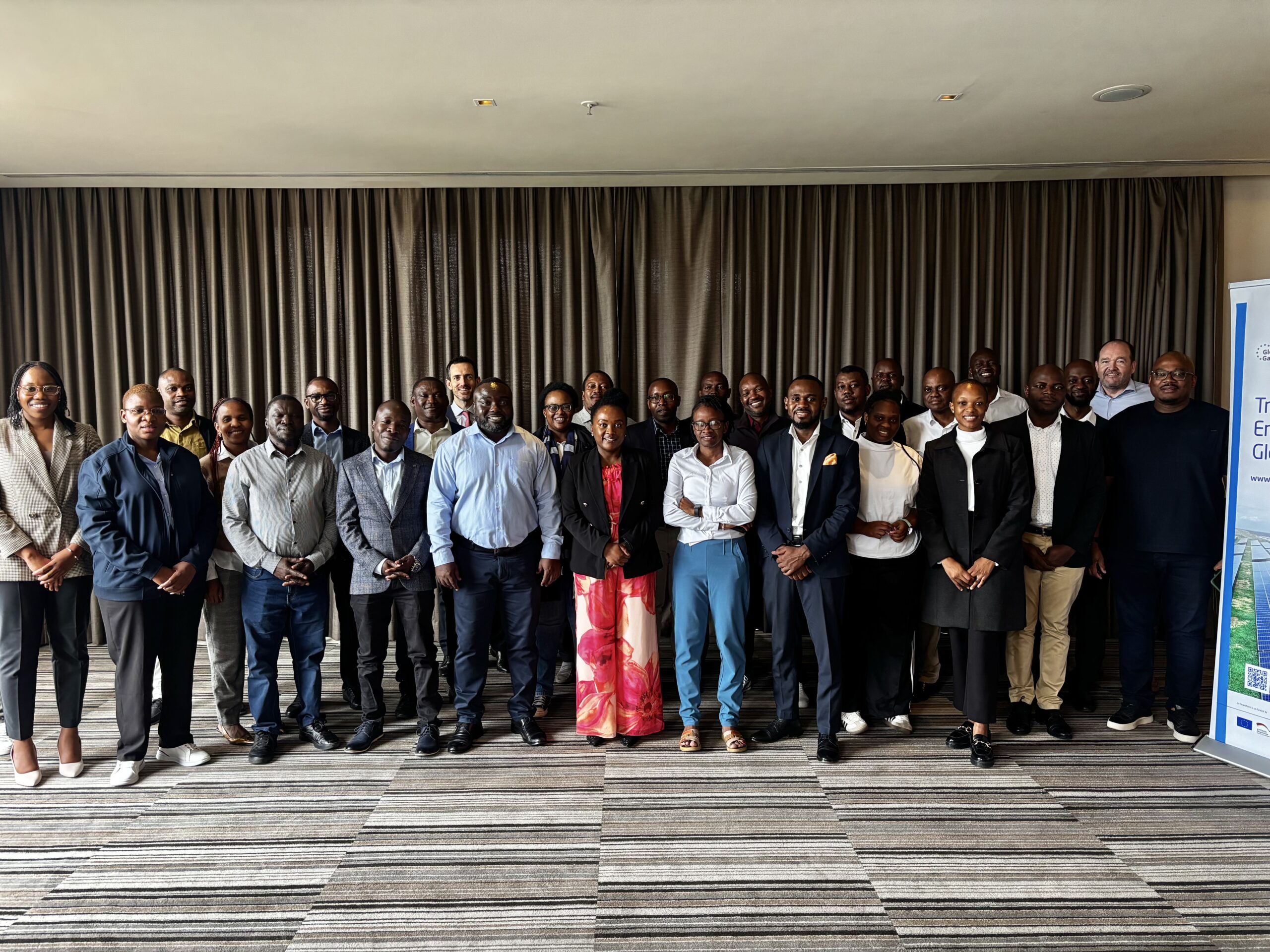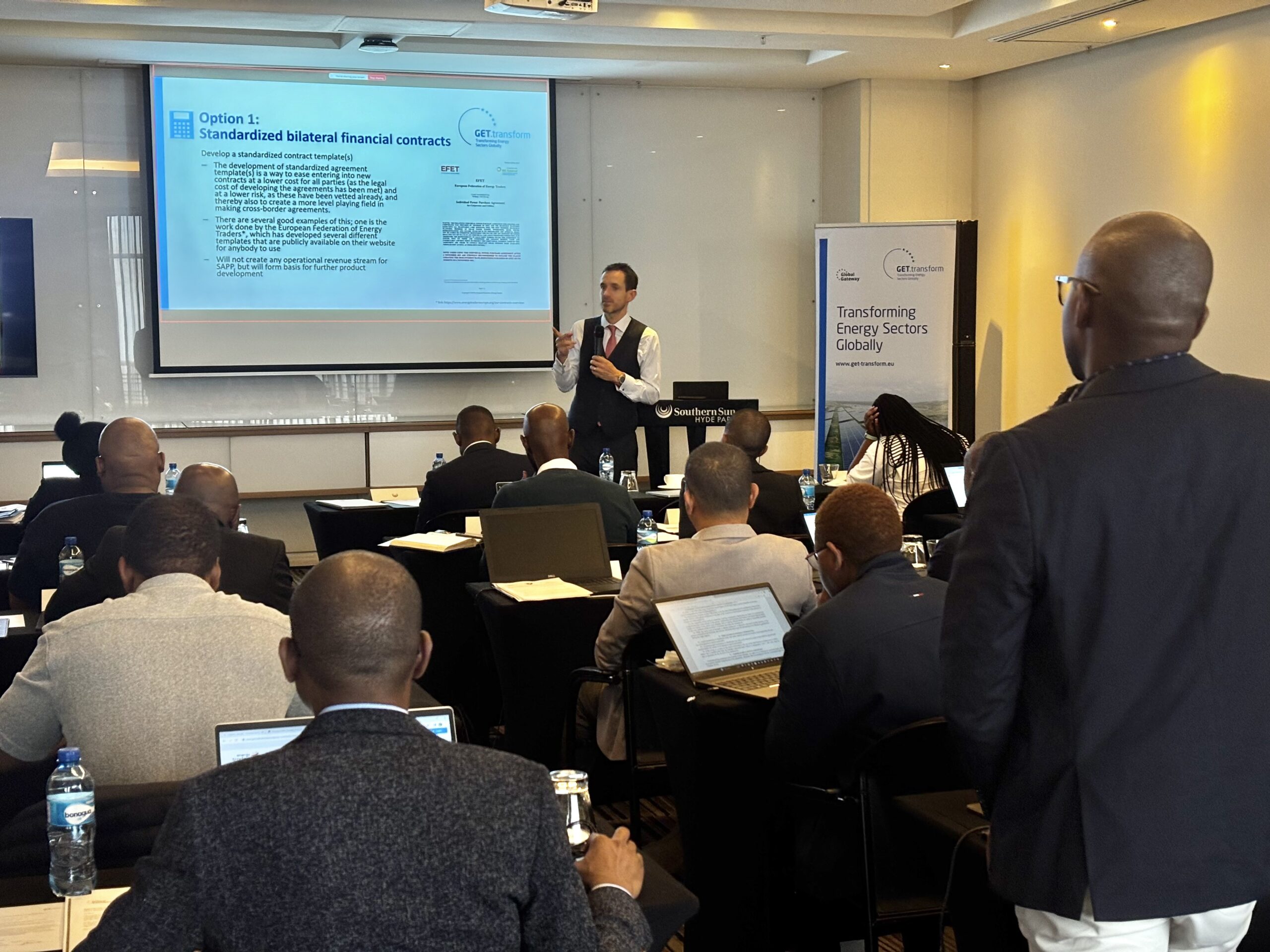At the end of October, The Southern African Power Pool (SAPP) hosted a two-day Deep Dive Workshop in Johannesburg to advance efforts on a New Market Products Feasibility Study. Supported by GET.transform through the ENGAGE (Engaging for Africa’s Green Energy Transition) programme, the workshop gathered members of SAPP’s Markets Subcommittee with representatives from the Environment, and Planning Subcommittees to exchange technical insights on design considerations, regulatory and governance implications, and prerequisites for the proposed new markets.
The four markets explored in the discussions include the Regional Renewable Energy Market, Regional Carbon Market, Electricity Financial Market, and Ancillary Services Market. Together, these instruments aim to provide new opportunities for cross-border trading, risk management, and system support services, thus enhancing market liquidity and enabling greater stakeholder participation.
Kicking off with a focus on the Electricity Financial Market and Ancillary Services Markets, the participants explored OTC trading, standardised contracts, and operational flexibility for renewable integration. Turning to the Regional Renewable Energy and Carbon Markets on day two, the delegates examined frameworks for Renewable Energy Certificates, trading requirements, and harmonised carbon registry systems. Participants drew on South African and international best practices to inform regional design options and enhance market transparency and standardisation. Insights and technical inputs from Johannesburg will inform the next phase of the study and guide the development of new market products.
Throughout the workshop, stakeholders highlighted the opportunities to broaden market participation but also pointed to the need for alignment with regional and national regulations. In this context, it is great to know that these new markets can cater to the region’s collective ambitions under the Continental Power Systems Master Plan (CMP) and African Single Electricity Market (AfSEM), as well as global objectives under SDG 7 (Affordable and Clean Energy) and SDG 13 (Climate Action). By expanding trading options and creating stronger investment signals, the initiative supports Southern Africa’s transition toward a more flexible, integrated, and sustainable energy market.





